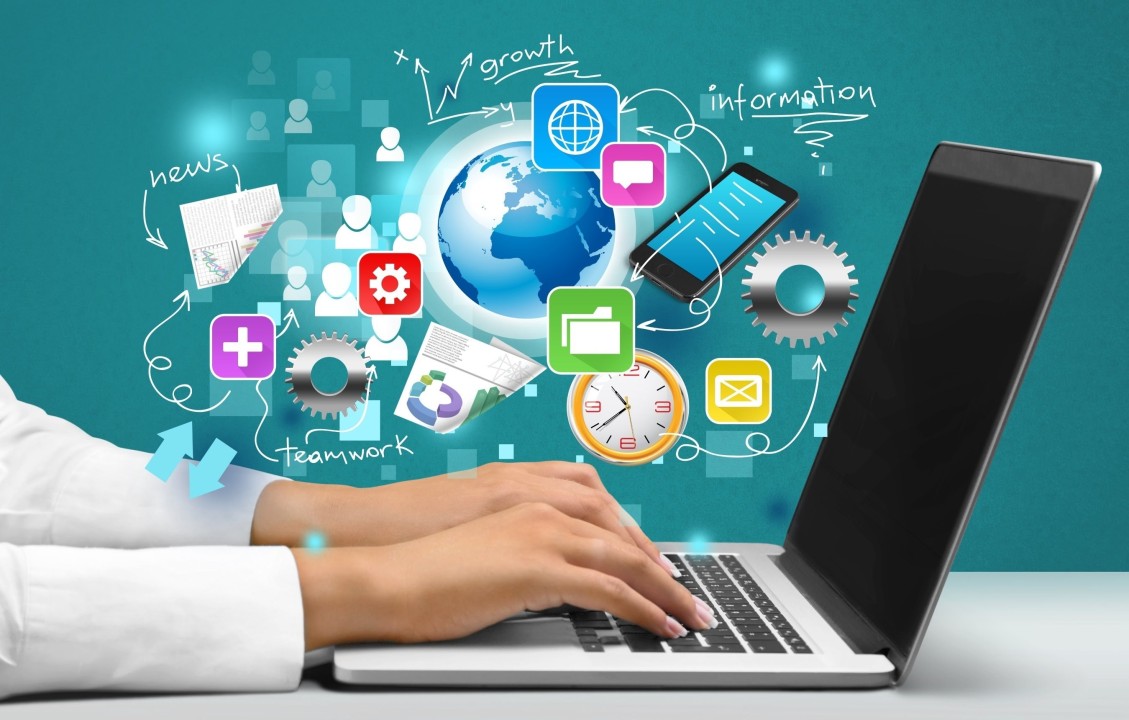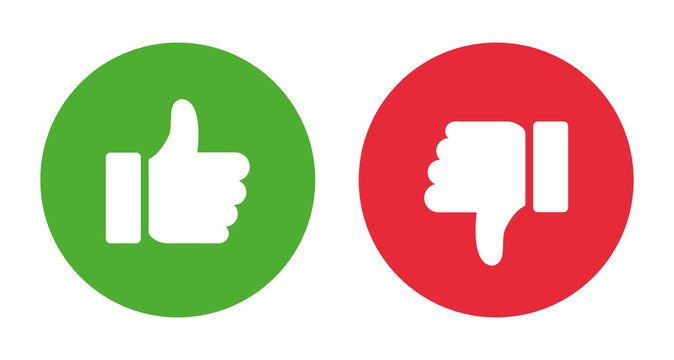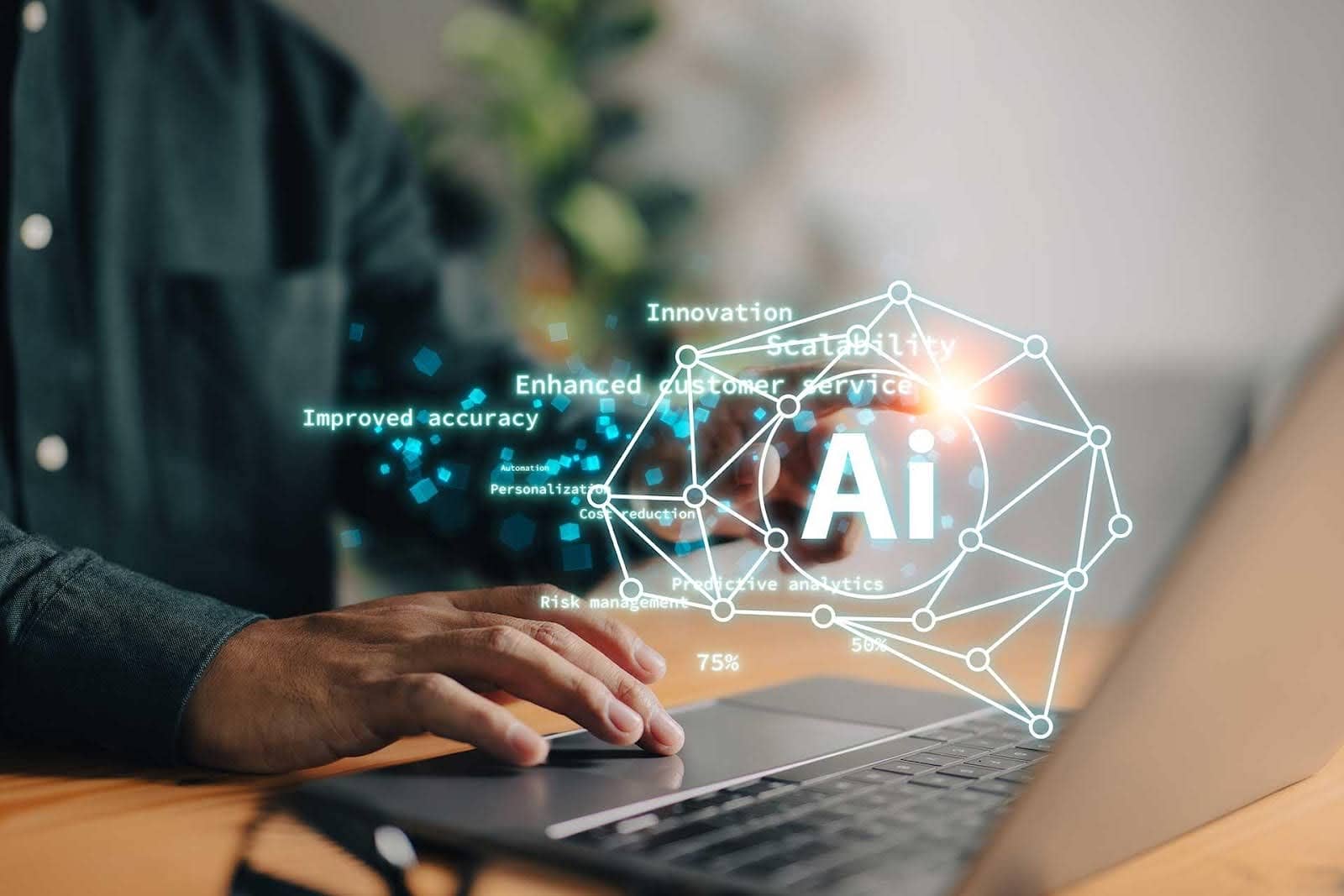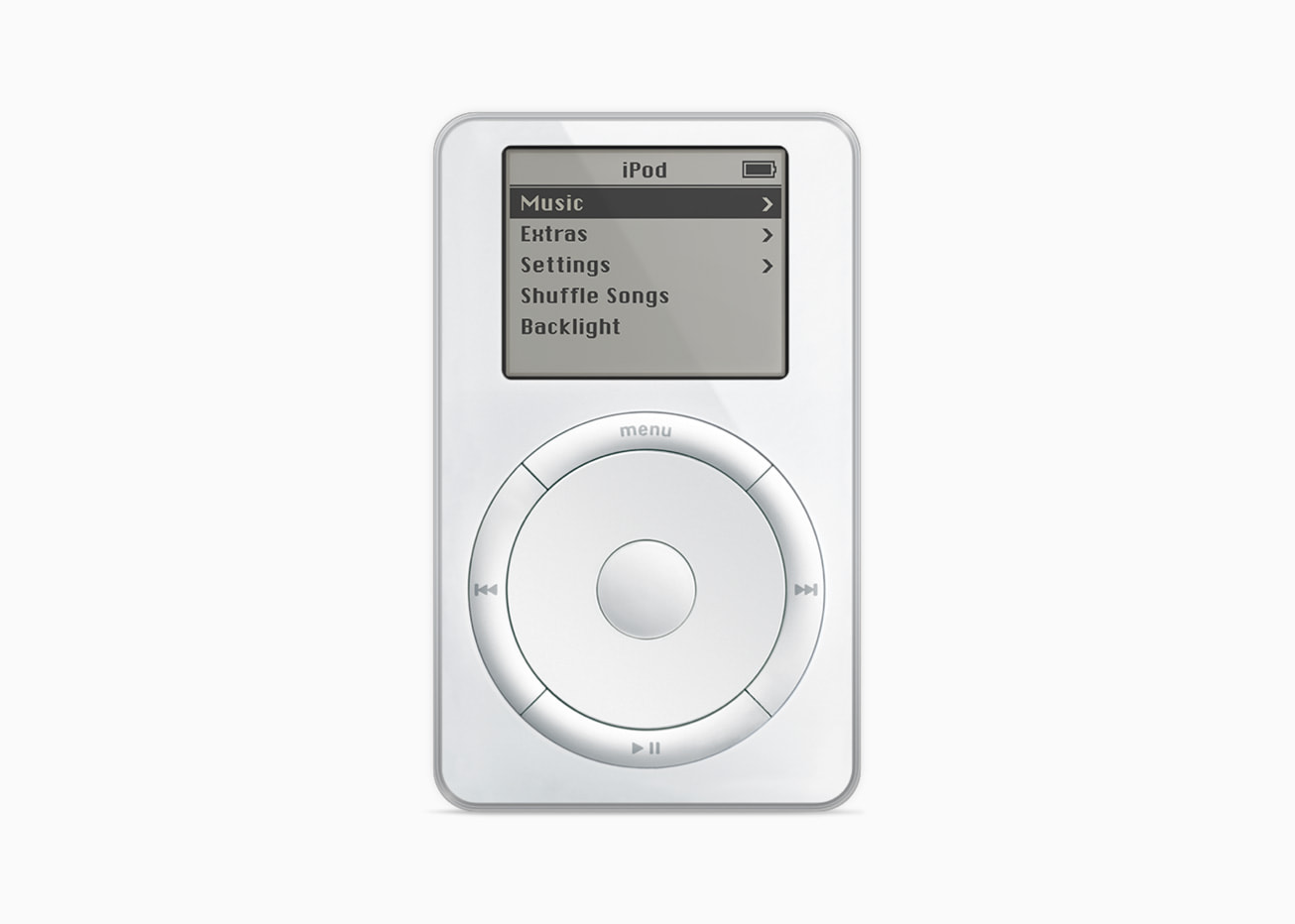Technology: Good or Bad?
 |
| Self-Driving Tesla |
As a child of two parents in the Navy, I think they were more concerned and alert to the dangers of the internet and in turn, warned me early on so I would have the chance to make more educated decisions. I do think my parents have healthy relationships with technology. For example, they both recognize the benefits of technology as they work in the government and they are able to see exactly how these technologies have improved our military capabilities. My dad doesn't really use social media very often and when my brother and I were younger, he was always encouraging us to stay off screens as much as possible. I really value his advice now (as I didn't at the time) and find it very helpful as it taught us there were other things to if we are bored, instead of going straight on our phones.
So, is technology good or bad? In truth, I think it is both. There are so many different aspects and types of technologies that it becomes hard to have one general answer. Everyone has their own story of how technology has helped them one way or another, but they also have ways its been more of a burden. As technology continues to evolve and computer systems such as AI begin to become more developed and wide spread, we will all have to continue to learn and shape our relationships with technology.












